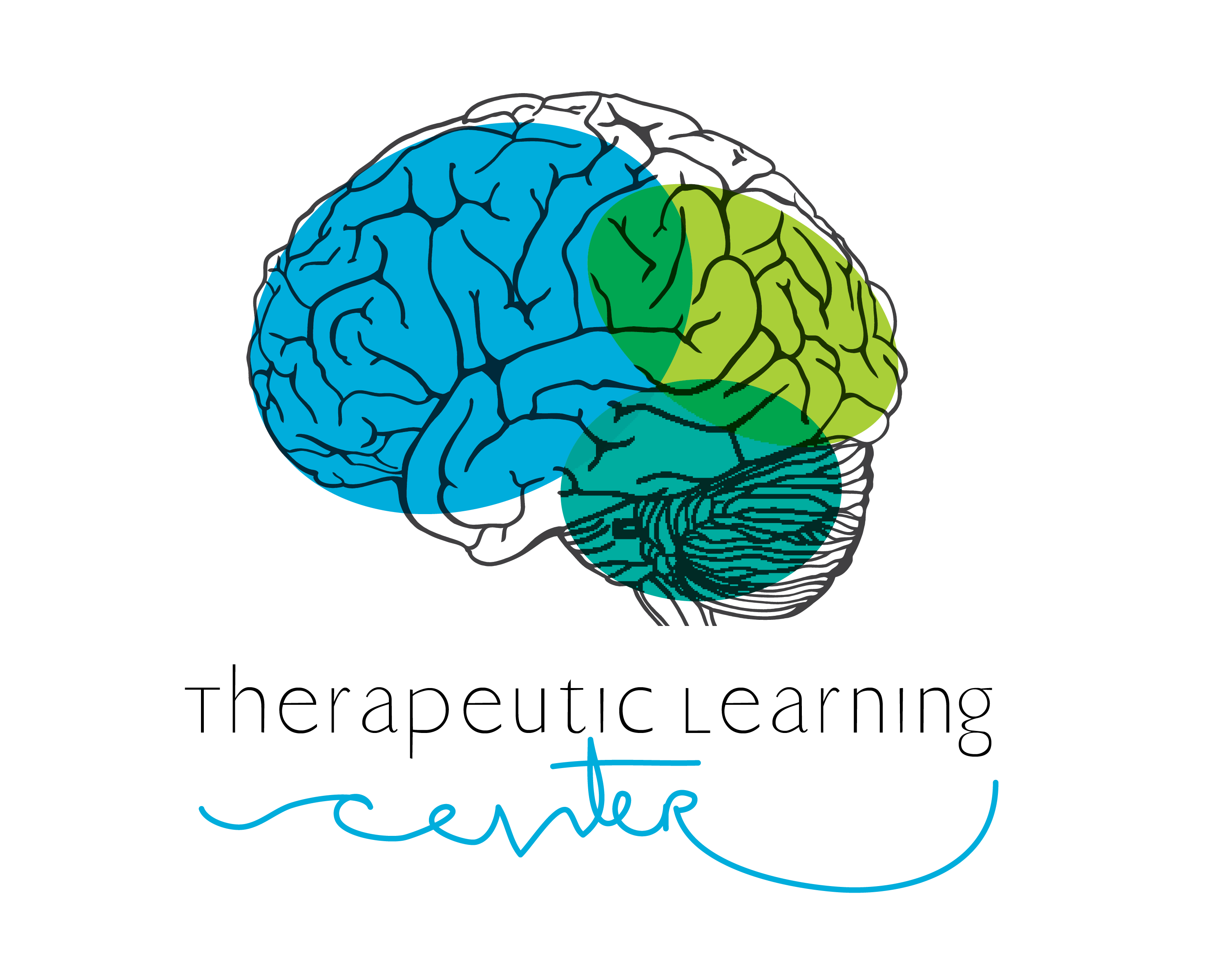I recently sat down with the parents of a high school student who has managed to barely get by in school. When we finished an in depth testing process we discovered he has a serious learning disorder. His parents told me with aching regret, that in the past, they had punished their son and taken things away becauseRead more

0%


